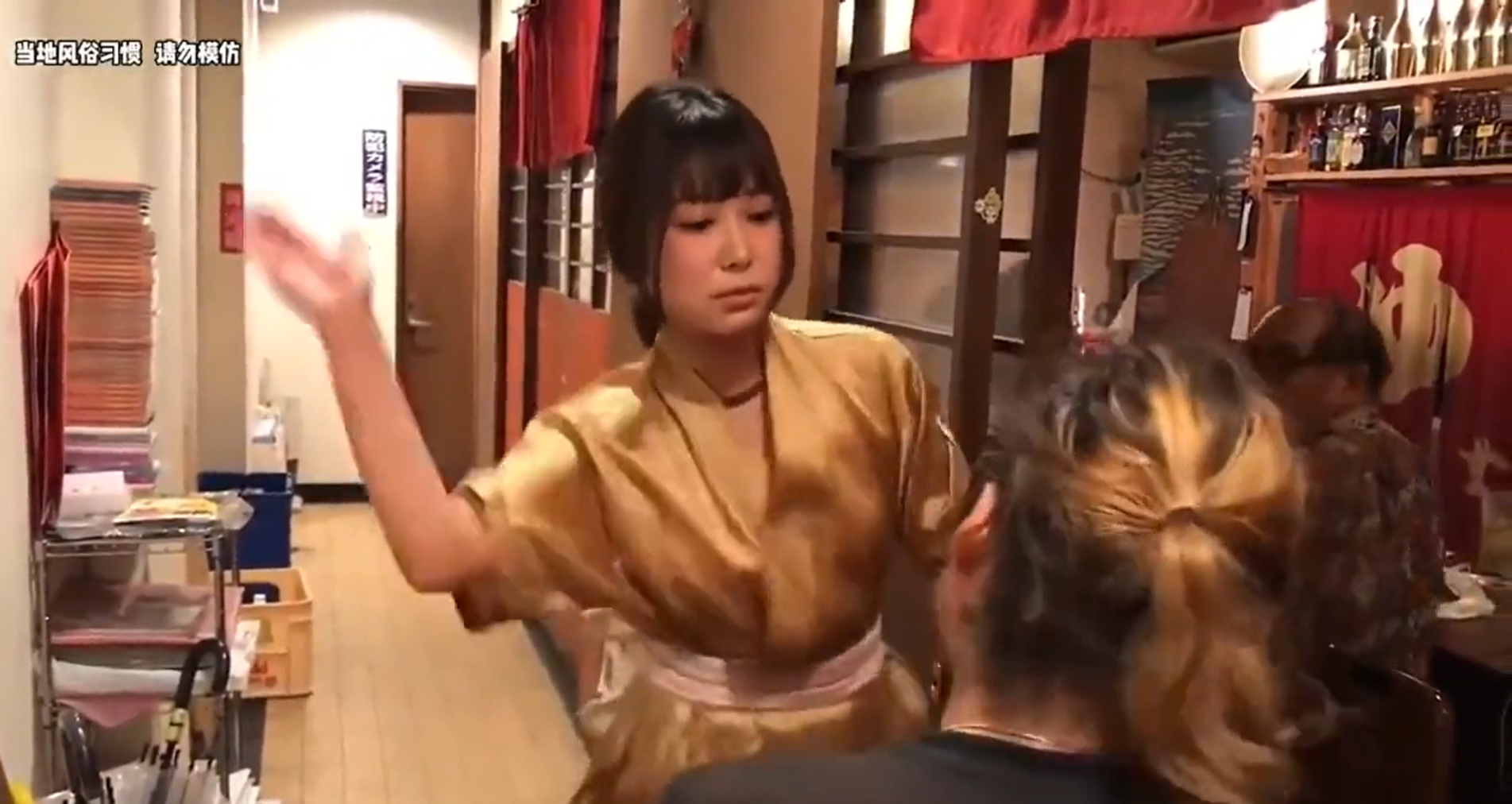Japanese bar forced to stop ‘slap service’ for drunk customers after injury
Injury complaints and branding concerns put an end to controversial face-smacking service

A Japanese izakaya chain has discontinued its “face slap service” after receiving a customer complaint about injury and fearing a blow to its reputation.
The Yotteba chain, known for its affordable beer and chicken wings, previously allowed customers to receive a sharp slap on the face – known locally as a binta – from a waitress for 500 yen (£2.70). For an additional 100 yen (£0.5), diners could even choose their preferred staff member to deliver the stinging blow.
Originally intended as a post-meal gimmick to help patrons “sober up”, the service appeared popular in niche circles, with social media videos showing amused onlookers applauding patrons who endured the slap. However, a complaint filed by a customer claiming injury proved to be the final straw.
A spokesperson for Tokyo-based Project M, which operates Yotteba’s outlets across Japan, explained the decision. “We have been doing it at our restaurants for more than two years now, but we did not think it was very popular,” the unnamed marketing official told This Week in Asia. “Also, our chain is getting bigger, and we wanted to change our image.”
The representative confirmed to the South China Morning Post that the slap service ended two months ago following the injury incident but declined to provide further details.
While Yotteba’s slapping gimmick has officially ended, it was not the first of its kind in Japan. Another izakaya chain, Shachihoko-ya in Nagoya, gained similar notoriety in 2012 for its “Nagoya Lady’s Slap” service, where customers paid 300 yen ( (£1.53) for a slap delivered by kimono-clad waitresses. For a surcharge of 500 yen (£2.70), patrons could select specific staff members to perform the task.
Videos of the bizarre service resurfaced on social media recently, attracting thousands of views and humorous commentary. Some clips showed patrons thanking waitresses after receiving a slap, while others appeared to embrace the service as part of the restaurant’s quirky charm.
The viral attention led Shachihoko-ya to issue a statement clarifying that the service had been discontinued years earlier. “Shachihoko-ya currently does not offer slaps,” the restaurant said in a post on X. “We appreciate the attention it has received today, but we cannot accommodate visits with the intention of receiving slaps.”
The origins of the term binta trace back to southern Japan’s Kagoshima region, where it initially meant “head” in the local dialect. During the Meiji era (1868-1912), it became associated with slapping as police officers were known to discipline offenders with a sharp smack to the head.
Despite its controversial history and unexpected resurgence, the era of face-smacking services in Japan’s izakayas appears to have come to an abrupt end.
Join our commenting forum
Join thought-provoking conversations, follow other Independent readers and see their replies
Comments
Bookmark popover
Removed from bookmarks